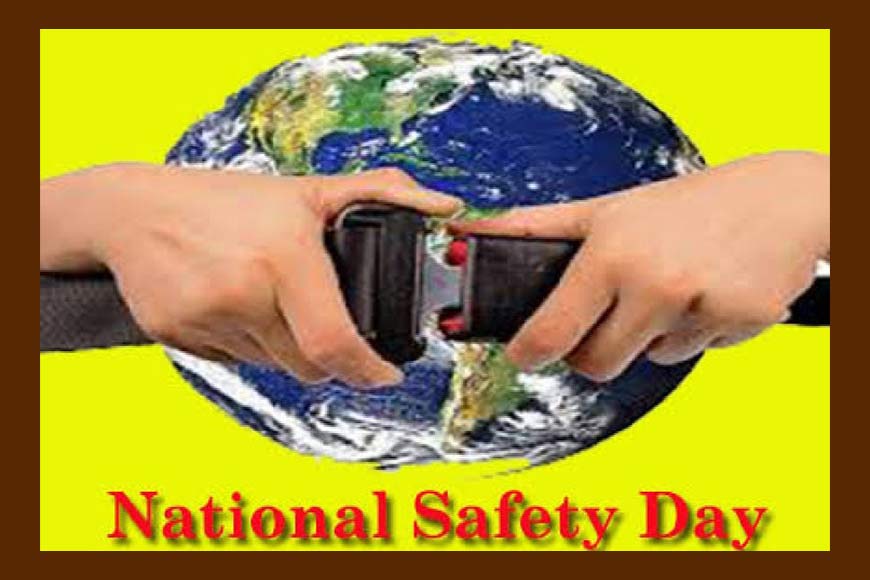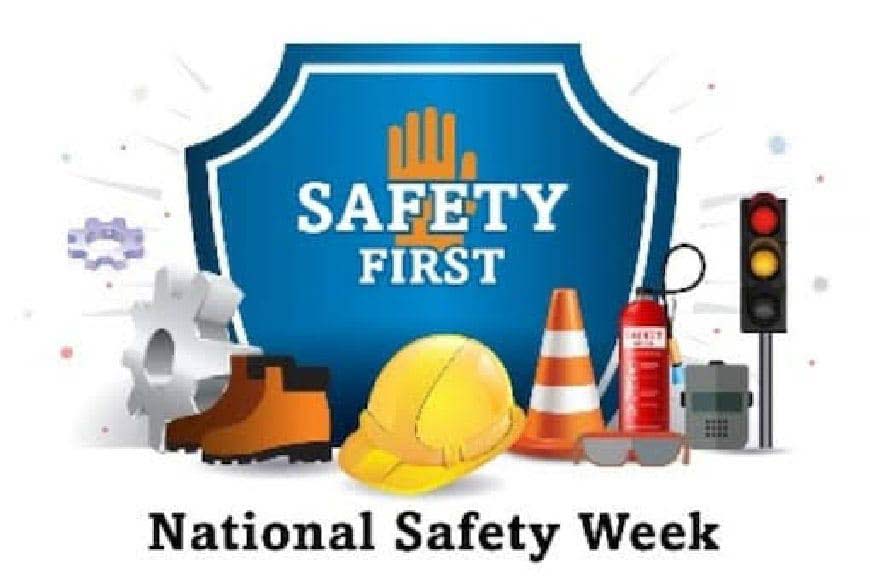National Safety Day, a good day to stop blaming others and act for your own safety

Nearly 40 percent of all road accidents in West Bengal are caused by speeding. In other words, unsafe driving. On the West Bengal Traffic Police website, a message from Supratim Sarkar, ADG Traffic & Road Safety, says driver error is the single most important factor in road traffic accidents in the state, having accounted for 36.17 percent of all accidents, 34.2 percent of all deaths, and 39.8 percent of all injuries in road traffic accidents in 2020.
What comes to mind when you hear the word ‘safety’? Road accidents? Health hazards? Industrial safety? Environmental concerns? All of this is part of National Safety Week in India, which begins with National Safety Day on March 4 every year.
The National Safety Council of India was established by the Ministry of Labour and Employment in 1966 as a non-profit organisation, to implement a voluntary routine for safety, health, and environment (SHE). The first National Safety Day was observed on March 4, 1972. Which means India has been celebrating National Safety Day for 50 years.

In December last year, the New Town Kolkata Development Authority (NKDA) began installing panic buttons on road signage poles across New Town so that people could alert authorities if they faced any trouble while out on the roads. The alert system was to be directly linked to and integrated with the NKDA control room, so people in danger or distress could press the button and immediately alert the control room.
Will these ensure greater safety for the average person on the street? That remains to be seen, but the real question is, how much of our safety is in our own hands?
Most of it, according to a Kolkata Traffic Police official. “Safety is not just about protection from criminals or not eating food that can make me ill or installing a fire extinguisher in my building. Most people are either unaware of, or don’t bother to obey, basic safety norms that can avoid accidents both at home and at work,” he says. “When it comes to traffic safety, for example, everyone knows that driving above a certain speed, or not wearing a helmet, is unsafe. And yet you will find thousands of people repeatedly and deliberately violating these norms.”
As a society, we are quick to blame the authorities or the administration when it comes to safety lapses. And yes, such blame is sometimes justified. But how many of us adopt basic safety procedures at home and at the workplace, or even out on the streets?
To take only a few examples apart from the ones already mentioned:
1. How many of us have taken the trouble to learn basic first aid, even though lessons are abundantly available both online and offline?
2. How many of us know basic life skills such as swimming or primary self-defence?
3. How many of us follow basic health guidelines such as washing our hands before eating, or after touching multiple surfaces (Covid or no Covid)?
4. How many of us follow elementary health safety rules such as not speaking while eating, to reduce choking hazards?
5. How many of us are even aware of fundamental traffic and fire safety rules, even though these are widely publicised everywhere?
These are just five examples. There are countless others. It is easy to blame others when your safety is violated. Not so easy to ensure that you will follow all basic safety norms, even if it is inconvenient to do so.
National Safety Week 2023 may be a good time to look within and make some changes.










